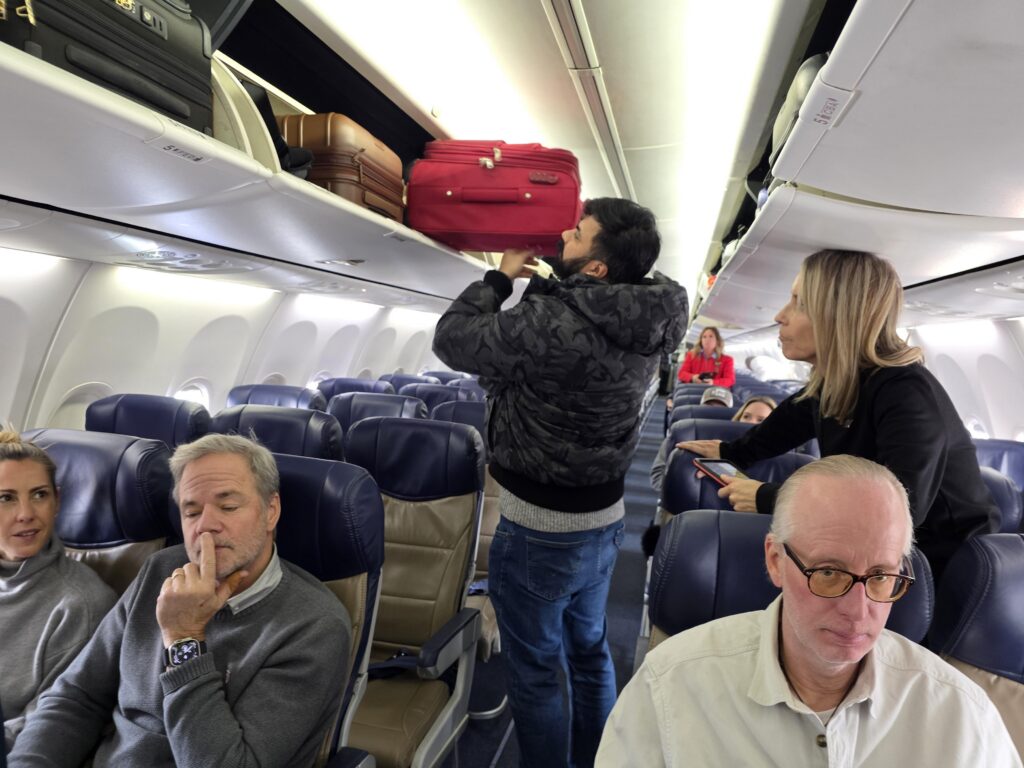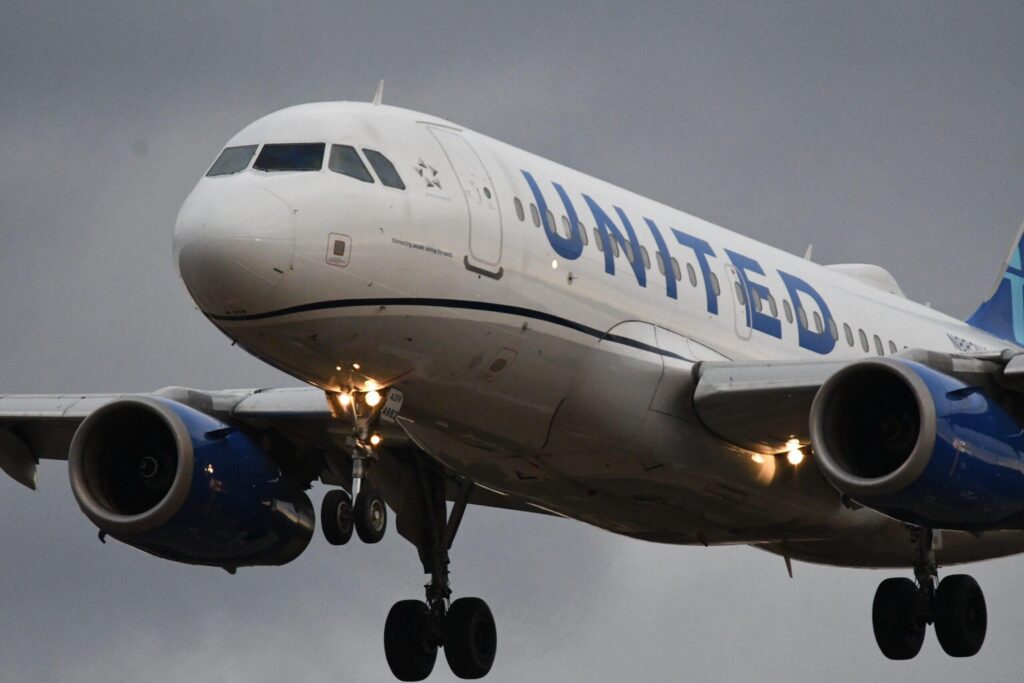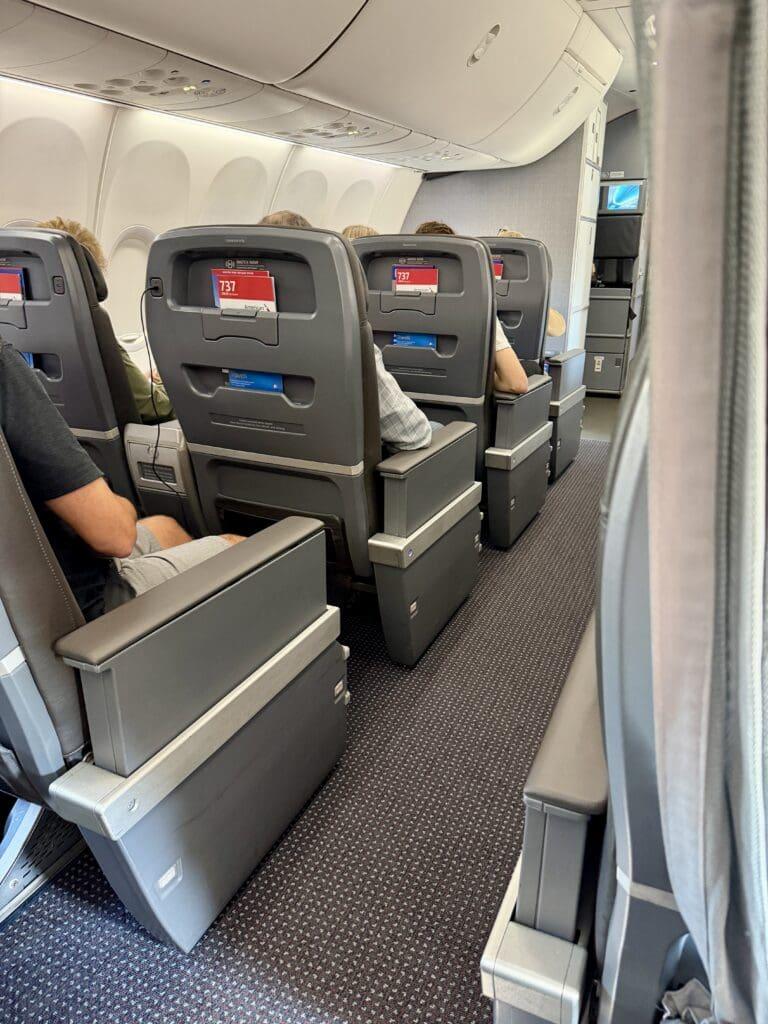Your Essential Guide to Europe’s Upcoming Travel Strikes
I’ve observed that Europe’s travel scene is shifting faster than ever, and lately, scheduled strikes have been popping up in practically every corner of the continent. Some of these actions come as no surprise—but others can sweep in like a summer thunderstorm and disrupt your entire itinerary. From airport security lines that feel like they stretch to infinity to regional trains that simply stop running without warning, the stakes are high for anyone traveling in 2025.
1. Stay Informed on Ongoing Strikes

I’ve learned not to underestimate the effect of short-notice strikes. They can hit multiple sectors simultaneously: airlines in the UK, train operators in Italy, or even local transport networks in Spain. When unions rally, it can throw off your best-laid plans. According to industry data from late 2024, about 42% of European travelers experienced at least one delay or cancellation due to labor disputes in the past year. That’s a hefty figure.
Staying ahead of the news is your first line of defense. I like to set up alerts with travel apps so I can see if an airline or rail operator is about to walk off the job. For instance, I once had a connecting flight through Ireland that nearly fell through because of weekend pilot strikes. By keeping travel notifications turned on, I found out about it before I even left home and managed to switch flights—and save my itinerary. Regular updates from reputable sources, like official airline feeds and national railway websites, will keep you a few steps ahead of the chaos.
In my own experience, local message boards and traveler communities can be treasure troves of immediate info. When there were rumblings of a public transport standoff in Portugal, I saw it on a message board well before it made the major news outlets. Sites like that have saved me from unrealistic connection times more than once. Trust me, it pays to crowdsource intelligence when planning your routes during uncertain times.
2. Check Airline and Rail Policies

Before I step onto a plane or train these days, I always double-check the fine print on refunds, transfers, and rebooking perks. Some airlines, like the ones based in Germany or Turkey, have begun providing comprehensive guidelines on what happens if their staff goes on strike. And the same principle applies to rail operators in Finland, Sweden, or Bulgaria. I’ve found that if you read the policy in advance, you don’t feel so blindsided when a strike rears its head.
A recent study suggests that almost 60% of travelers are unaware of the compensation they’re owed when a flight is canceled or delayed by more than three hours. If you’re among them, you might be leaving money on the table. On one trip, a Belgian rail strike halted my train connections, but I received a partial refund just because I knew to file the paperwork on time. Make sure you know if your route is protected or “essential” under local laws and if any alternative forms of transport are covered in your ticket.
Even if the language on a ticket seems cryptic, it’s worth the effort to brush up on the terms. I often snap screenshots or keep digital PDFs of my booking confirmations just in case. That way, I can easily send them to airline support if anything goes sideways. Trust me: front-loading that work beats trying to argue for a refund after you’ve already lost time and patience in an airport queue.
3. Buffer Your Schedule and Book Alternatives

Nothing can derail a trip faster than misjudging your buffer time. I’ve had more than one adventure turn stressful simply because I cut my layover too close during a known strike period. In countries like the Netherlands, where labor disputes have disrupted both local and intercity rail services, it’s smart to tack on extra hours—or even an entire extra day—between critical legs of your trip.
Transportation data from 2024 shows that strikes lasting just one day can cause a chain reaction for up to three days afterward. So if you see a 24-hour action planned in Italy, rest assured the disturbance can ripple beyond that period. Once, I found myself in Florence, stunned to realize part of my bus route had been suspended as a knock-on effect of the prior day’s taxi strike. Having alternative options like car-sharing apps or a backup plan to reach your destination can keep you calm and mobile, even when official timetables are thrown off.
I’m a big believer in having a solid Plan B. Before you leave, research whether the city you’re visiting has a robust car rental system or if you can hail rideshare services. I recall letting out a huge sigh of relief when I booked a last-minute rental car in Germany after the local train staff called a surprise strike. My worry melted away the moment I realized I wasn’t stuck in the station waiting for indefinite announcements.
4. Bring Travel Insurance and Keep Receipts

If there’s one tip I can’t stress enough, it’s to get good travel insurance. I’ve watched too many fellow travelers scramble at the last minute, trying to salvage trips after strikes blindsided their plans. Policies that explicitly cover labor disruptions can reimburse you for hotel stays, meals, and even alternate transport. Personally, I’ve claimed on such policies to cover the cost of a sleeper train in France when my original overnight route was canceled due to indefinite railway protests.
According to a 2024 report by a major European insurance provider, fewer than 40% of travelers opt for coverage that includes strike-related clauses—which, in my view, is a big gamble if you’re traveling during peak strike seasons. Remember to keep detailed records: boarding passes, meal receipts, hotel invoices, and that oh-so-critical proof of your original itinerary. These documents can mean the difference between a smooth reimbursement process and a long, drawn-out battle with customer service.
From my perspective, the best way to handle disruptions is to stay calm, log every expense, and reconfirm your coverage details as soon as the strike hits. Most providers require prompt filing of claims, so procrastination doesn’t pay—especially when every extra day could mean another round of airport fast-food receipts or unexpected hotel bills.
5. Leverage Discounts and Promotions

While strikes tend to hog the headlines, there are still opportunities for savvy travelers to score great deals. I keep an eye on discount announcements—like the 20% savings some European train networks rolled out in 2024. Snagging these deals can be a perfect way to stretch your travel budget, provided you remain flexible and prepared to pivot if strikes disrupt your chosen routes.
Take it from me: I once booked a discounted ferry crossing right before a more extensive wave of transport strikes hit. Because I’d read the fine print, I could still rearrange my ticket without any hefty fees. This saved me the headache of paying full price for a new route. Don’t forget to check if promotions apply to cross-border passes or local travel cards, which might come in handy if an airline strike forces you to improvise with train or bus options.
I’m also a believer in waiting out major labor unrest if your schedule permits. One of my best deals ever came after a particularly tense rail strike in Switzerland ended. Operators rolled out bonus promotions to lure back customers, and I scored a journey through the Swiss Alps at a fraction of the usual cost. It felt like a small reward for having to wait out multiple delays.
6. Show Compassion and Flexibility

It’s easy to get tunnel vision when your personal plans fall apart, but these strikes often highlight significant worker concerns—a push for better pay, safer conditions, or fair scheduling. I’ve found it helps to keep empathy in mind when you’re facing a meltdown at the ticket counter. Complaining to frontline staff who aren’t at fault rarely solves anything and just adds tension to both sides.
When I traveled through the UK last autumn, a widespread rail walkout affected my itinerary, but locals at the stations explained the workers’ viewpoints. That insight made me more patient, because I understood that these disruptions weren’t built around inconveniencing tourists; they were about advocating for fair change. Respecting strike schedules and picket lines—while adjusting your plans accordingly—can help foster understanding and maybe even ease your own frustration.
During one trip in France, I managed to schedule my journey around a multi-day action simply by observing proposed strike dates announced in local news ahead of time. Yes, it meant tweaking accommodations and shifting my itinerary, but I found plenty of alternative cultural events to explore. Flexibility often opens unexpected doors, giving you a refreshingly unique travel experience.
Final Thoughts

Strikes are an ever-evolving part of the European travel experience. My journeys have taught me that the best approach is to stay vigilant, remain flexible, and keep a spirit of adventure. Every strike that pops up is a reminder to check your backup plans, insurance options, and official policies before you take off. With the right preparation, you’ll minimize the stress and stay one step ahead of the chaos.
Even in the face of rolling disruptions, Europe’s charm and cultural richness remain worth every ounce of extra planning. In 2025, labor actions might come and go, but the continent’s allure will keep us returning for more. By taking note of workers’ rights and acknowledging the reasons behind their actions, we can navigate with respect—plus a dash of creativity.
Brad Lightall’s Take
From my vantage point, European travel in a year of planned walkouts offers a fascinating glimpse into how folks ride out uncertainty—some by staying ultra-informed, others by improvising on the fly. I love how technology and real-time updates let me spin inconveniences into new adventures, whether that’s rerouting through an unexpected destination or swapping trains for ferries.
I’ve also witnessed how these disruptions prompt travelers to bond and share insider tips. Each time I strike up a conversation with someone in a delayed airport lounge, I come away with a fresh perspective on global travel. Strikes may cause hassle, but they also spark camaraderie—if you let them.
Stay in the loop with BoardingArea for even more travel-savvy insights.






























